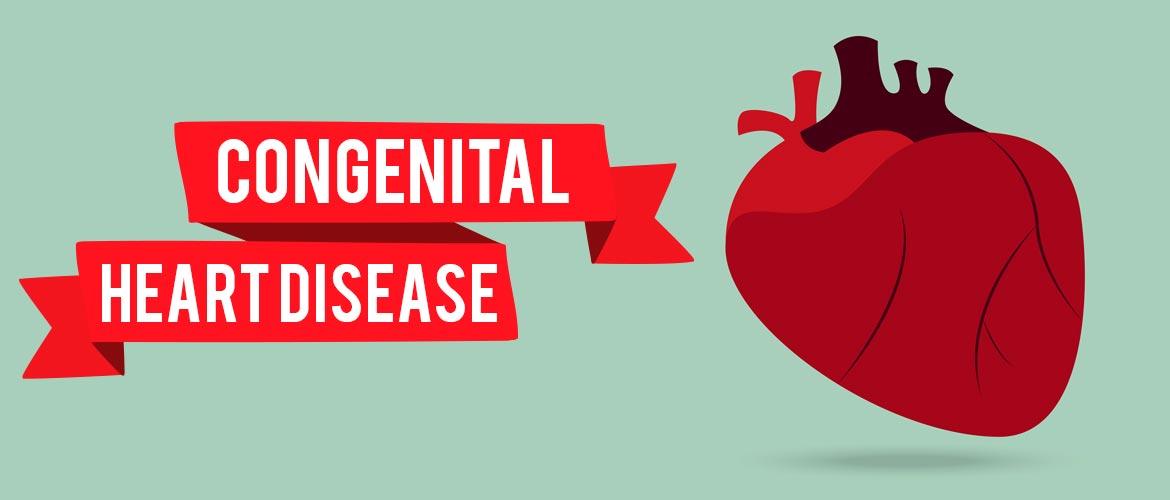Congenital Heart Disease in Adults
Congenital heart disease (CHD) is a broad term, which is used to describe several cardiac defects that may be found at birth. Congenital means that you’re born with the defect. Some congenital heart defects might not cause any problems. Complex defects, however, can cause life-threatening complications.
CHD is the most prevalent inborn disorder found in new-born babies. It is estimated that CHD may occur in up to as many as 13 in every 1000 live births.
Some Risk Factors Associated with CHD
Several factors have been implicated in the development of CHD. One such risk factor is having a positive family history. There are also certain environmental factors that play a role in the development of congenital heart disease.
Your genes. Congenital heart disease appears to run in families (inherited) and is associated with many genetic syndromes.
Rubella (German Measles). Having rubella during pregnancy may affect how the baby’s heart develops while in the womb.
Diabetes. Having type 1 or type 2 diabetes during pregnancy also may affect a baby’s heart development.
Alcohol & Smoking. A mother may also put her unborn child at risk by consuming alcohol and/or smoking during pregnancy.
SEE ALSO: Heart Conditions & Pregnancy – Risks You Should Know About
Certain Medications. Taking certain medications while pregnant can cause congenital heart disease and other birth defects. Keep your doctor informed about the medications you take.
Signs and Symptoms
Some congenital heart diseases cause no signs or symptoms. For some people, signs or symptoms occur later in life. In some cases, the infant may have fast heartbeat with a corresponding fast rate of breathing.
In some swelling around the eyes, abdomen, or legs can be observed. Common congenital heart disease symptoms in adults include:
- Abnormal heart rhythms (arrhythmias)
- A bluish tint to the skin, lips and fingernails (cyanosis)
- Shortness of breath
- Tiring quickly upon exertion
- Swelling of body tissue or organs (edema)
Adult congenital heart disease and pregnancy
Women with mild congenital heart disease can have a successful pregnancy. However, some women with complex congenital heart defects are advised against pregnancy. Talk to your doctor if you are thinking about pregnancy.
Management & Treatment of Congenital Heart Disease
Not all CHDs are life threatening. Some may be mild and heal of their own. For example, eptal defects may close spontaneously over time and in rare case require specialized surgical intervention.
More importantly, CHDs are managed according to the type and severity of the defect. CHDs if caught early and referred to tertiary care without delay, one can achieve normal cardiac functions.


Recent Comments